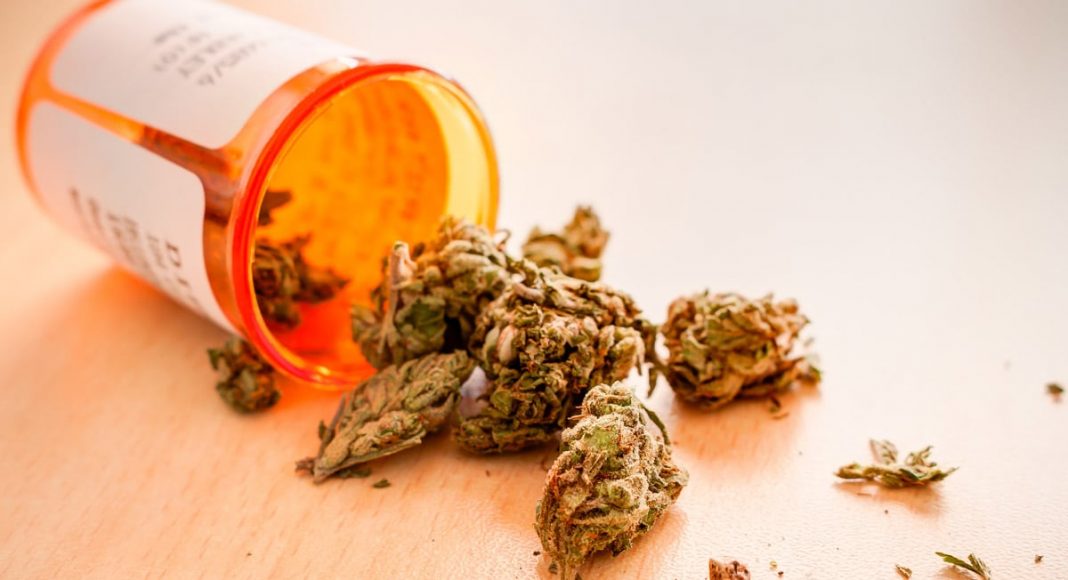Though medical marijuana is legalized in 29 states across the country, it doesn’t mean every patient has access to these programs or are even using them correctly. In states like Florida, we’ve seen institutions repeatedly fail to bridge the information gap between the medical community, the cannabis industry, and patients.
But in Pennsylvania, many individuals are so eager to apply for medical marijuana they’re calling an OB-GYN to secure prescriptions. One complication. An overwhelming amount of those individuals calling the OB-GYN—a.k.a. a doctor who specializes in women’s health—were dudes.
This is all started when local media noted that Dr. Liang Bartkowiak would be the first local doctor able to certify medical marijuana patients. So men were calling her to implying that they needed medical marijuana to deal with their health concerns.
-
Related Story: Pennsylvania Releases List Of Medical Marijuana Doctors
“I was shocked,” Bartkowiak told the Altoona Mirror. “We’re fielding phone calls from male patients who want to schedule appointments.”
Pennsylvania has stricter medical marijuana laws than other states. The Pennsylvania Medical Marijuana Act allows patients to access the program if they have “serious medical conditions,” which includes autism, Crohn’s disease, cancer, PTSD, and more.
But the program is still in its infancy and the state Department of Health told the Mirror that 200 more doctors are still undergoing the process of being trained. Bartkowiak is the only certified doctor in Blair County, and she underwent certification to help women who suffer from endometriosis or suffer severe pain following surgeries. Bartkowiak says she’d rather not add to the growing opioid epidemic and wanted a “non-addictive alternative” to prescribe patients.
“I still have people who have pain, legitimate pain, and I don’t know what to do for them,” she said. “I don’t know how to help them live through a day-to-day basis, to cope with whatever condition they have.”
Like in New York and Florida, medical marijuana patients still cannot smoke flower and it’s caused a confusion among the citizenry. This is why Bartkowiak hopes everyone could be better informed moving forward.
“The people calling my office … were not understanding that these are tinctures and vapors and balms in whatever form is targeted to the specific illness,” she told the Mirror. “I think laypeople are going to need very plain terminology. … You’re going to have to come right out and say, ‘You are not going to get a joint to smoke.’ That is not what medical marijuana is going to be.”


